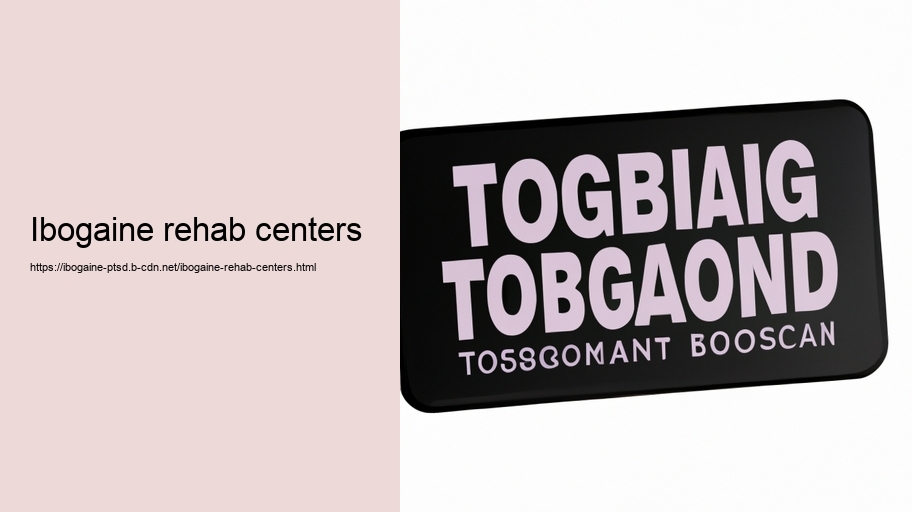Ibogaine rehab centers represent a unique frontier in the ongoing battle against addiction. These specialized facilities offer an alternative treatment approach, utilizing ibogaine—an alkaloid derived from the root bark of the West African shrub Tabernanthe iboga—as a core part of their therapy for substance dependence. The journey towards recovery at such centers is one steeped in both modern therapeutic practices and ancient tradition, promising new hope where conventional methods may have failed.
The narrative of Ibogaine as a potent tool for overcoming addiction begins with its history rooted in indigenous cultures, where it was traditionally used for healing ceremonies and spiritual rites of passage. It wasn’t until the mid-20th century that its potential use as an anti-addictive agent was discovered by Howard Lotsof, who found his own heroin addiction remarkably affected by ibogaine ingestion. This serendipitous discovery led to a small but growing movement advocating for its use in treating various forms of drug dependency.
One might wonder what distinguishes an Ibogaine rehab center from other rehabilitation facilities. At the heart lies the administration of ibogaine itself, which is claimed to significantly reduce withdrawal symptoms and cravings associated with detoxification from opioids, stimulants, alcohol, and other substances. Proponents suggest that it does so by resetting the brain's neuron-chemistry related to addictive behavior patterns—offering patients a sort of "clean slate."
However, it's not solely about the biochemical reset; there's also a deeply psychological component involved. Many users report experiencing profound visions or introspective states during their treatment—a process they describe as mentally confronting past traumas and personal demons that contribute to their addictive behaviors. This psycho-spiritual aspect can be integral to long-term recovery by addressing underlying issues often ignored by more traditional therapies.
A visit to an Ibogaine rehab center typically involves pre-screening candidates carefully due to certain health risks associated with ibogainetherapy. Once approved, individuals undergo comprehensive medical supervision throughout their stay—a critical component given ibogaine’s powerful effects on body and mind.
Treatment protocols vary among centers but generally involve several stages: assessment and preparation (including medical examinations), administration of ibogainetherapy (often conducted in quiet, comfortable settings), post-treatment integration (where therapists assist patients in processing their experiences), and aftercare planning.
Despite anecdotal success stories and some supportive research findings regarding its efficacy, controversy surrounds iboga-based treatments due largely to limited scientific studies on large populations—and becauseibogainedoes hold potentially dangerous side effects including cardiac complications if not administered properly.
Nevertheless, those who advocate for Iboga therapy believe fervently in its potential benefits. They argue that these centers fill a void left gaping by conventional treatment modalities that fail too many who struggle with severe addictions.
In addition to facing legal obstacles—iboga remains classified as a Schedule I substance under United States federal law—these rehab centers grapple with skepticism within broader medical communities.However,in countries like Canada,Mexico,Brazil,and several European nations,iboganinehas been either decriminalized or allowed for use within clinical settings,giving rise to reputable institutions dedicated totreatingaddiction through this enigmatic plant medicine.
In conclusion,Iboganinerehabcenters representthe intersectionof ancient wisdomand cutting-edge addictiontherapy.While controversiesand challenges remain,the promise they hold forthose seeking freedomfromthe shacklesofsubstanceabuseisundeniable—theirexistencea testamenttohumanity’s relentlesspursuitofhealingandtransformation.Iboganine’s roleinthefutureoftreatmentforaddictionremainsuncertain,butits currentuseatselectrehabilitationcenterscontinuestostircuriosity,hope,anddebateamongstallthoseinterestedinadvancingthe scienceandsoulfulartofrecovery.
